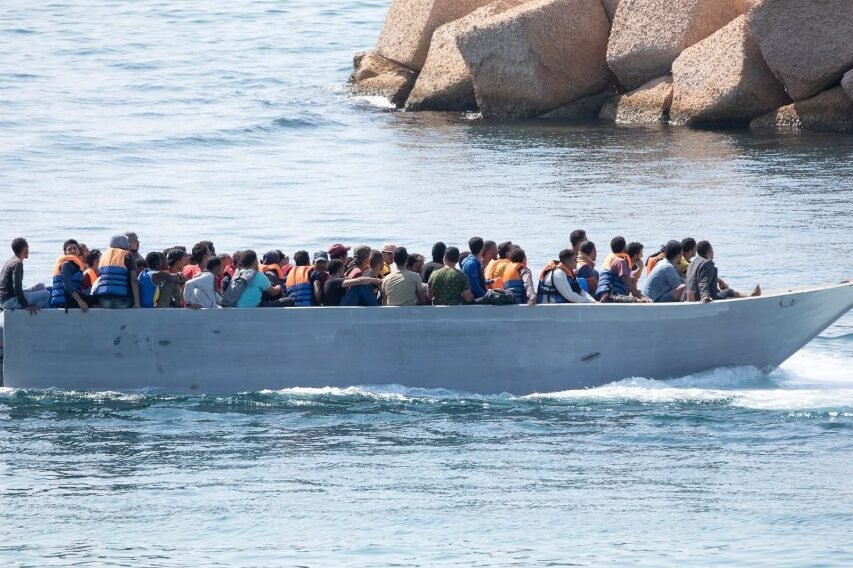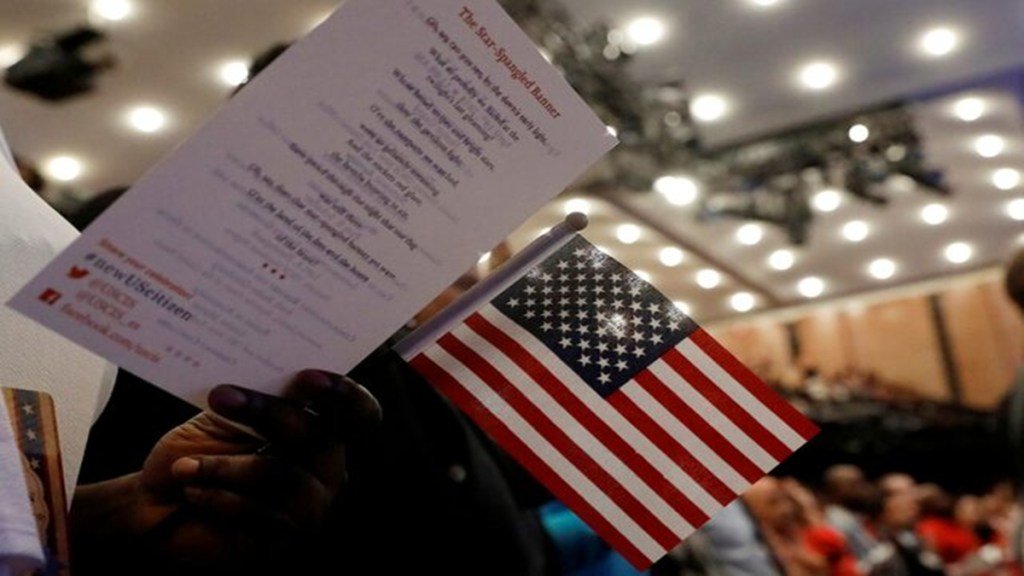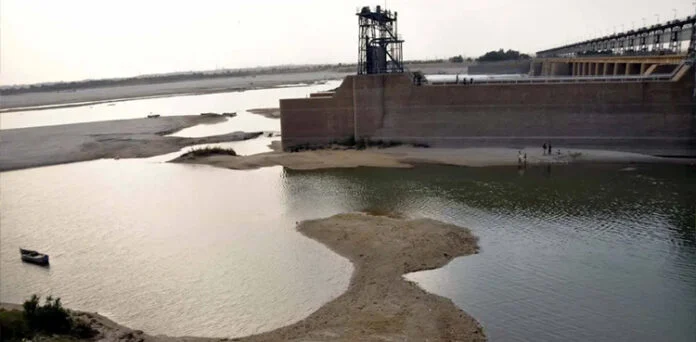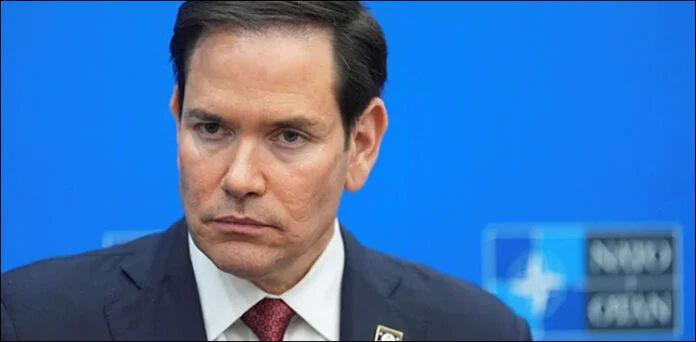
an Italian court acquitted Deputy Prime Minister Matteo Salvini of charges related to kidnapping and dereliction of duty after he blocked a rescue ship from docking in Italy. The case stemmed from a 2019 incident when Salvini, then the country’s Interior Minister, prevented the Open Arms humanitarian vessel from docking for nearly three weeks. The court in Palermo, Sicily, rejected prosecutors’ request for a six-year prison sentence and a ban on Salvini holding public office.
The incident began when the Spain-based charity Open Arms rescued over 50 migrants at sea and was denied entry into Italian waters. While the ship waited in international waters near Libya, Open Arms conducted two additional rescue missions, bringing the total number of people on board to approximately 160. Rights organizations criticized Salvini’s decision, accusing him of unlawfully detaining the migrants and endangering their lives. Some passengers had to be airlifted off the ship due to serious medical conditions. After 19 days, the ship was allowed to dock in Lampedusa.
The trial highlighted the division within Italy over immigration policy. Salvini has been a controversial figure, praised by supporters for his hardline stance against migrants, but also condemned for his actions. Prime Minister Giorgia Meloni, who leads the government alongside Salvini, expressed support for his acquittal, calling the charges “unfounded.”
Salvini, also the leader of the far-right Lega party, has gained significant backing from right-wing groups within Italy and across Europe, with some far-right EU leaders recently showing solidarity with him. Meanwhile, the court’s decision comes amid ongoing debates within Italy about migration policy, particularly the controversial plan to relocate asylum seekers to Albania. The government is facing legal challenges over this initiative.
The trial also drew attention to the treatment of prosecutors involved in high-profile cases. Members of the prosecuting team reportedly faced harassment and threats during the proceedings, both online and through physical letters, prompting authorities to provide them with security.

While arrivals of migrants in Italy have decreased in 2024, the issue remains politically charged, with the rise of far-right parties in the country further fueling the debate on how to address irregular migration. The conclusion of Salvini’s trial may have ended one chapter, but the broader political and social debate over migration is far from resolved.


















